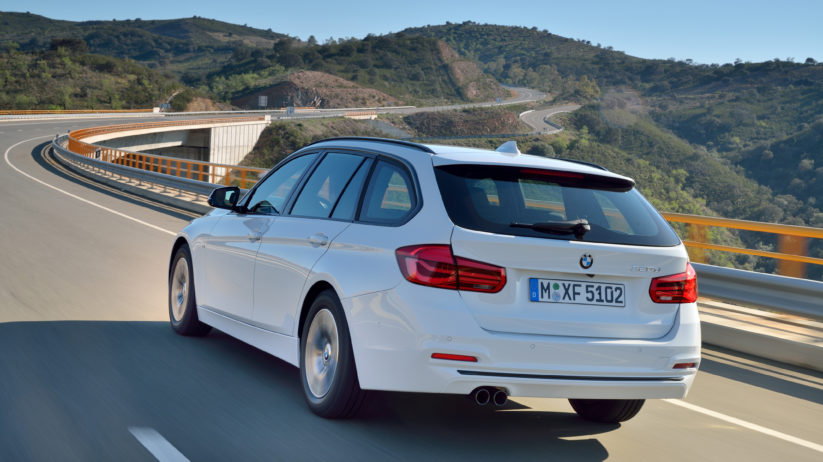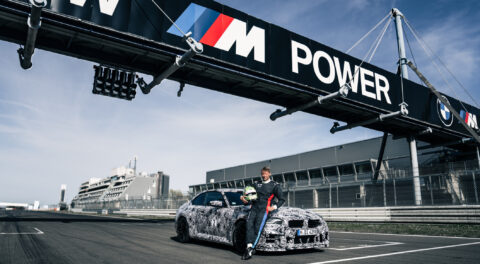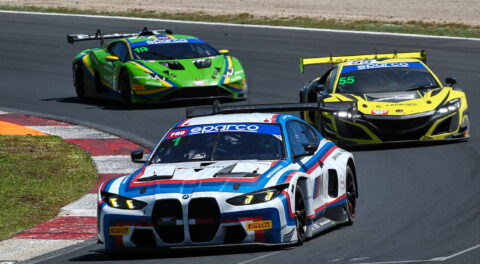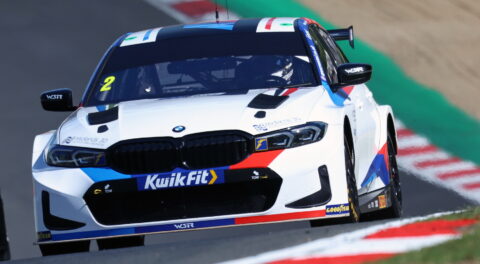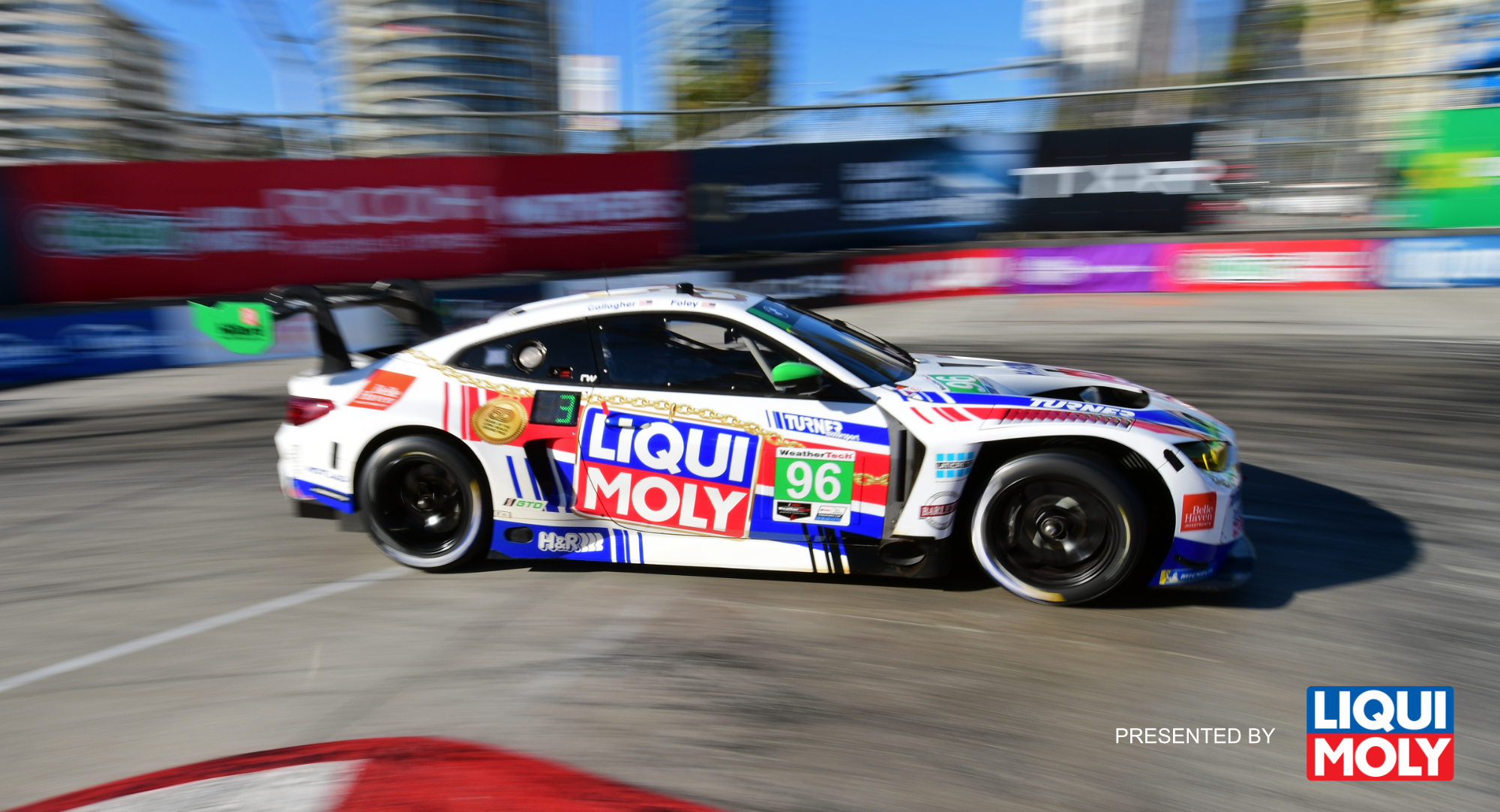We’re just past the three-year anniversary of when the EPA held Volkswagen’s feet to the fire, by threatening what was then among the world’s largest carmakers to either come clean, or have their entire diesel lineup miss certification for the 2016 model year. The story continues to play out, with a number of executives facing criminal indictments in Europe and the U.S. this year alone, while others were being arraigned for sentencing. When news initially broke in September of 2015, at least a few followers of automotive news suspected other carmakers might be up to similar tricks, and more than a few larger players in the market have since had to explain why some of their vehicles emitted more than expected under the scrutiny of stringent testing.
Just last week, it was reported that BMW was served with a ten million euro fine after installing improper engine software on some 7,600 diesel five and 7 Series, but it’s important to note that the penalty came with no assertions of fraud or manipulation, and that the software did not influence how the cars behaved while on the test bench. Nonetheless, just a short time later, the G30 540d and F15 X5 35d were pulled from the BMWUSA.com configurator, and more recently a brand spokesperson confirmed to Autoblog that the company is choosing to shift its focus in the direction of their i and iPerformance EV’s as opposed to diesel.
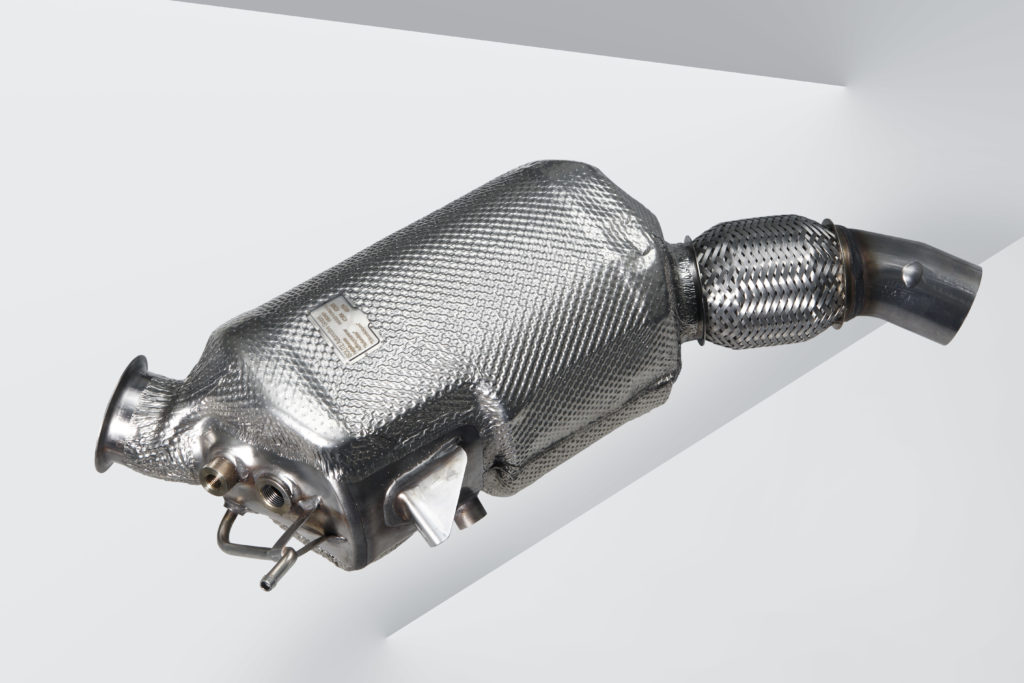
A BMW Diesel exhaust particulate filter.
We can’t exactly say we’re surprised, as BMW’s diesel offerings have never been huge sellers, regardless of how efficient and practical something like a 328d happens to be. While diesel is still a mainstay in Europe, with manufactures like BMW and Mercedes-Benz among others who have a long history in the realm, offerings in the U.S. have always been rather sparse. There was the E28-based 524td, but it was only offered for 1985 and 1986 until it was nixed from the lineup. More recently, diesel has found its way into the 3 Series with the E90 335d and a number of SAVs since, while current offerings include the F30 and F31 328d, G30 540d and outgoing F15 X5 35d. It seems like BMW moved a fair number of diesel 3 Series touring and sedan models over the past several years, but the statistics still pale in comparison to conventional gasoline-powered sales and the growing percentage of BMW i and iPerformance models hitting the market. Additionally, it’s said that BMW has no plans to introduce a diesel version of the upcoming G05 X5 in the U.S., even though an electrified version taking the form of the X5 xDrive45e has already been previewed, which will join six other electric models that are already available.
BMW cited similar motivations for moving away from diesel, specifically mentioning the dramatic upward trend of i and iPerformance cars as far as percentage of total sales is concerned. Interestingly enough, Mercedes-Benz, who has a strong diesel reputation in the U.S. seems even further ahead of the game, offering not a single diesel-powered car for 2018. On the other side of the equation, BMW confirmed that it’s North American arm continues to monitor customer preferences closely, and maintains preparedness in relation to adjusting the product portfolio accordingly—diesels aren’t going anywhere in Europe for the time being.
So where do you stand? Have you given up on diesel in favor of more technical alternatives, or will you be hoping for a return of high-torque, high-efficiency motivation someday?—Alex Tock
[Photos courtesy BMW AG.]

